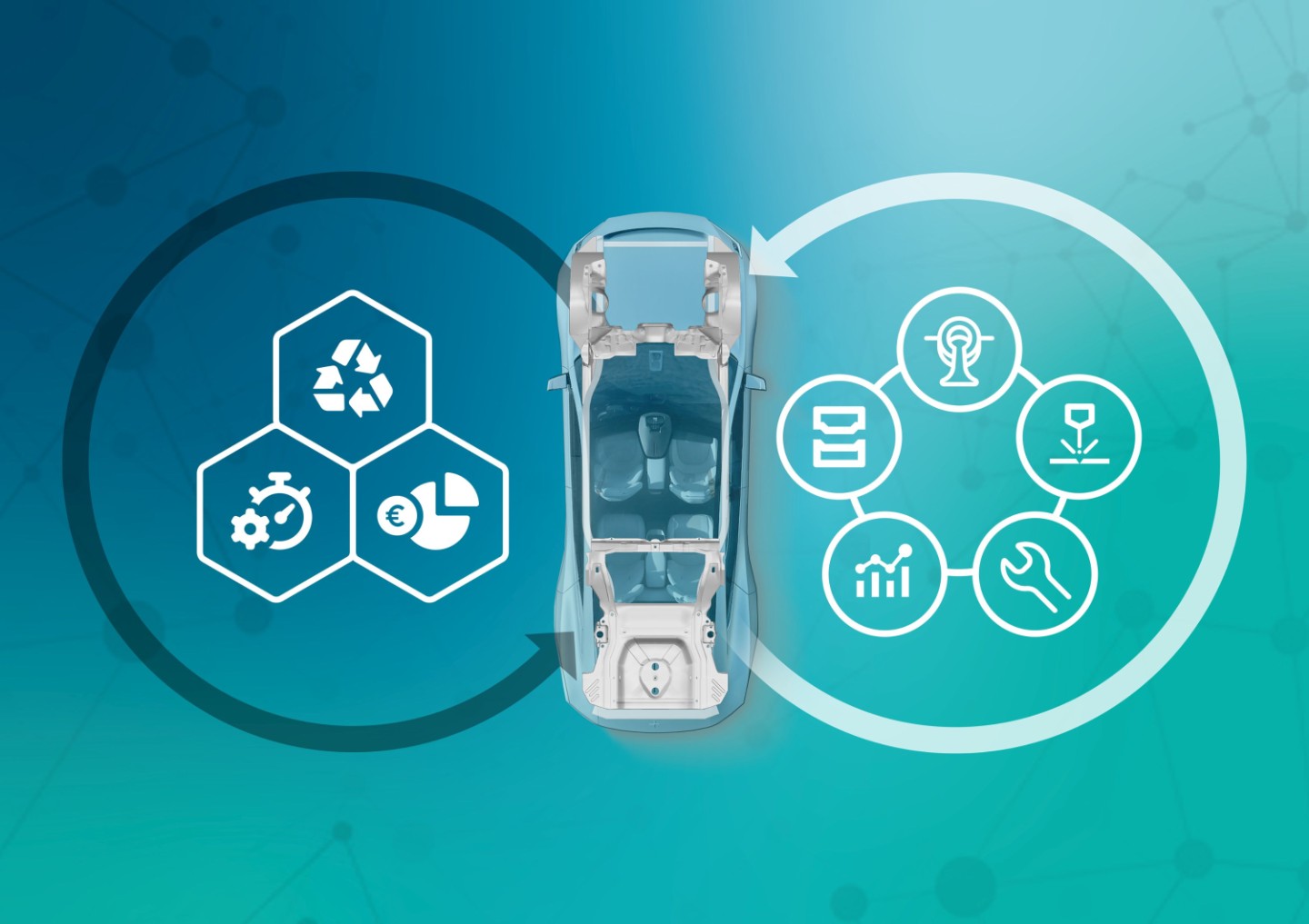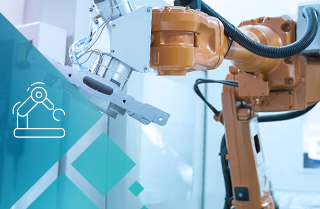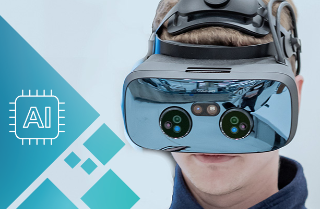The automotive industry in transition: Electromobility and sustainable body concepts
The automotive industry is currently undergoing the greatest transformation in its history. The transformation to electromobility is considered an important building block for achieving climate-neutral mobility by 2050 at the latest, as envisaged by the EU's "Zero Pollution Action" plan. While up to now approx. 80% of CO2 emissions were caused by exhaust gases in the use phase, electromobility shifts the CO2 hotspot from the use phase to the production phase.
Next to the battery, the focus is on the body as the second largest emission driver in order to achieve ecological sustainability. In the future, it is expected that proof of sustainability - in addition to technical performance and costs - will become a determining success factor for new car body concepts.


